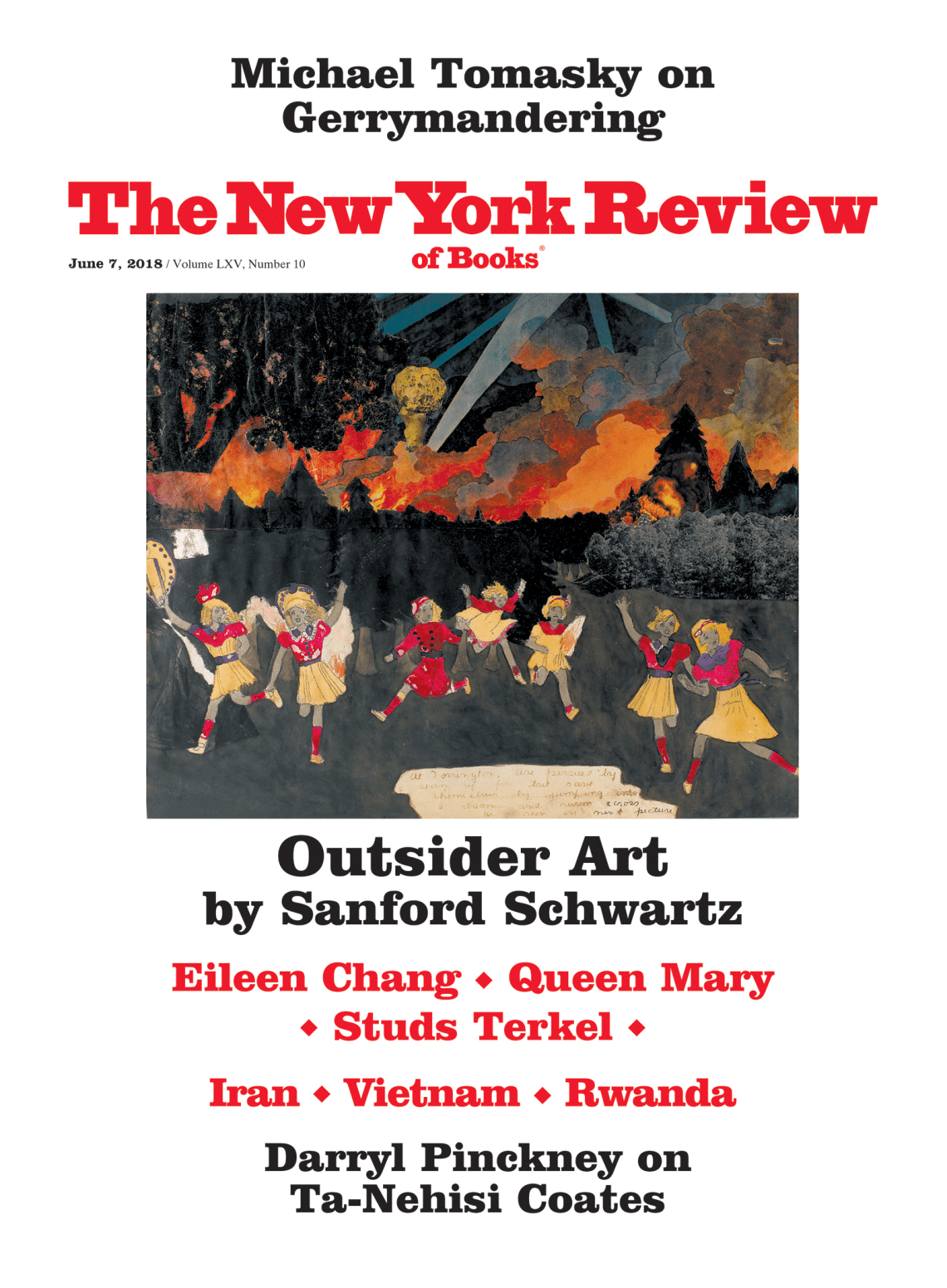In response to:
Quantum’s Leaping Lizards from the April 19, 2018 issue
To the Editors:
In a footnote to his review of Adam Becker’s book What Is Real?: The Unfinished Quest for the Meaning of Quantum Physics [NYR, April 19], David Albert mentions that during the years I worked with David Bohm on my doctoral dissertation I “never heard of Bohm’s theory until long after [my] dissertation had been completed.” This is a bit misleading. I was Bohm’s student at Birkbeck College during the years 1963 to 1965 and had written a paper on Bohm’s “pilot wave” theory as an undergraduate at the University of Cape Town. In fact, the paper was the reason Bohm agreed to take me on as a graduate student. What is true, as far as I recall, is that, apart from our initial meeting, he never talked about the theory during my time at Birkbeck.
Albert’s remark that after facing “a cruel wall of silence” Bohm “seems to have decided not to mention his beautiful theory to anybody ever again,” and that it was only “sometime in the 1980s that a small and embattled community of physicists, mathematicians, and philosophers, who had learned of the theory from Bell, began to take an active interest in what Bohm had done,” is revisionist history. Bohm renewed work on his theory in a series of papers with Basil Hiley in the 1980s after Hiley showed him a numerical simulation of Bohmian particles passing through a two-slit system forming an interference pattern (published as joint work by Christopher Philippides, Christopher Dewdney, and Hiley in the Italian physics journal Il Nuovo Cimento in 1979).
Jeffrey Bub
Distinguished University Professor
University of Maryland
College Park, Maryland
David Z Albert replies:
I am grateful to Professor Bub for correcting my account of his conversations with David Bohm—I must have somehow misunderstood, or misremembered, what he told me about them. And I am sorry if I inadvertently produced the impression that Bohm’s very real and very profound discouragement with the reception of his theory in the 1950s persisted for the rest of his life—Professor Bub is quite right in pointing out that Bohm eventually changed his mind and took his theory up again in the 1980s. I knew that, of course, and did not mean to suggest otherwise.


